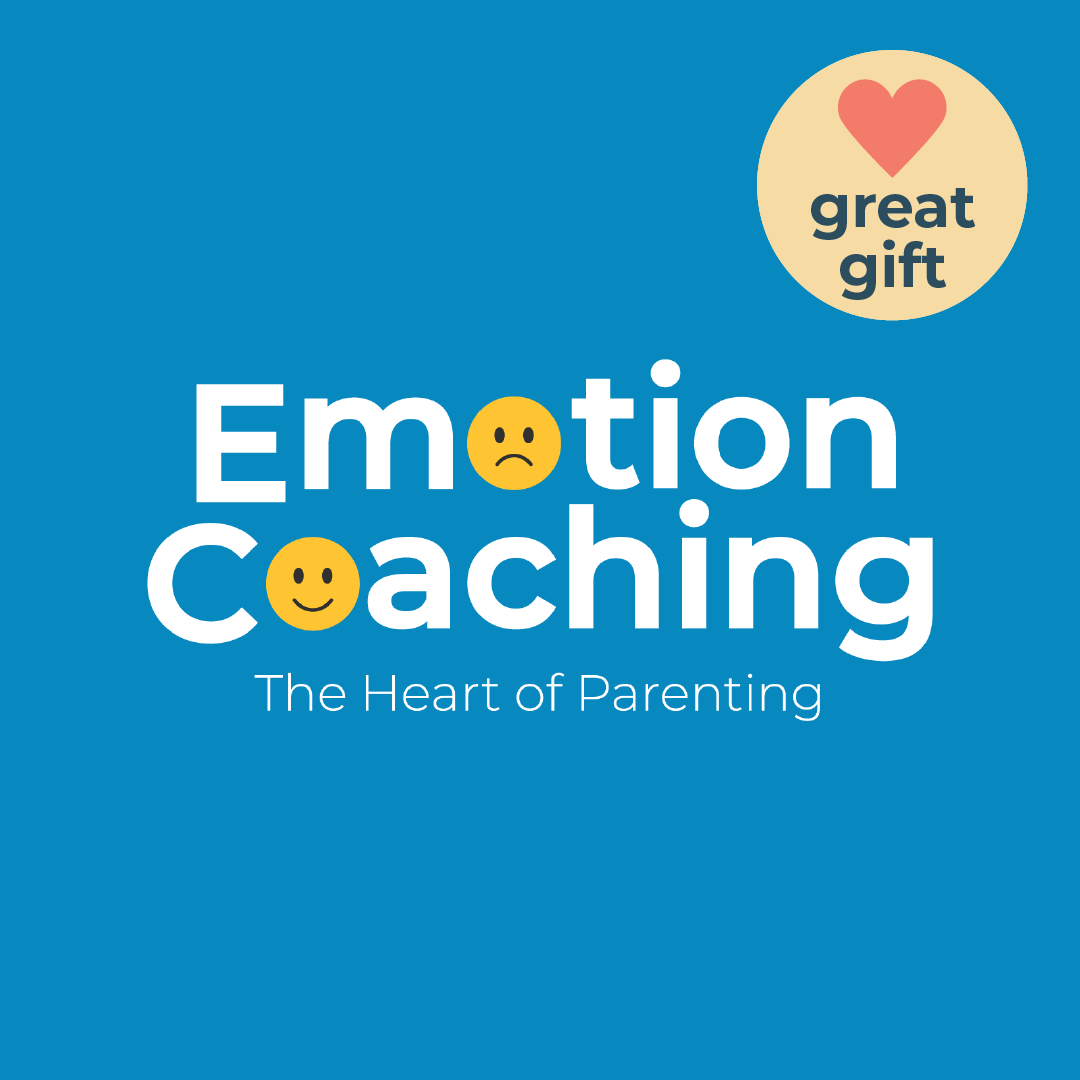When Should I Talk to My Teen?
Often parents struggle with communication once their child becomes a teenager. They feel dismissed by them because they prefer their peers or turn towards devices rather than meaningful conversations. The calendar fills up fast during these years, which make deeper conversations even more scarce. Building in a family ritual of connection is incredibly important while raising teens. It may have been easier to have regular family dinners when the children are younger, but often with the increased demands of school, sports and social obligations nightly family dinners fall by the wayside once the kids hit the teenage years. Maintaining family rituals like a weekly family meal can be a way comes together, and it can be protected without having to make too many exceptions.
Collaborating with your teen on when this occurs is a great opportunity to learn about how they approach their scheduling and what they are managing. It gives you a window into their world. It also is a sign of respect for their growing responsibilities. Looking for opportunities to collaborate instead of dictating. This positions you as their parent and ally instead of an obstacle to be overcome or avoided.
How Should I Talk to My Teen?
These are the years for parents to actively approach conversations with curiosity. A subject teens love talking about is themselves. Which is developmentally appropriate. They are figuring out how to navigate who they are and want to become in the world. That takes a lot of thought! So when your teenager approaches a conversation with a declaration or statement, ask questions rather than explain why you disagree or point out potential issues. Great questions to start with are:
- How did you come up with this idea?
- Have you seen others with this approach?
- What do you like about how it’s been working for them?
- What is your hope or dream in this for you?
- Do you have any concerns or hesitations?
- How does this fit or get reconciled with our family values/beliefs?
The teenage years are also when children’s development gears towards autonomy and differentiating from the family. This creates a big shift in how they interact with their parents. They are forming their own opinions, values, beliefs and experiences. It is helpful to view these as hypotheses about life and themselves that the teen is testing out. In conversation the teen may present this hypothesis more directly and rigidly. If this opinion, value, or belief is different than the parents this is where things can go astray. For parents it often feels like the teenager is rejecting the parents attempts to protect them from potential mistakes. As parents this can feel scary and prompt them to try to implement controls and heavy consequences which may shut down the relationship with your teen.
Take the 4-step approach
Here is the approach I recommend using when talking to your teens.
Step One
Start with exploring how this new experiment is serving them. What is it about this behavior or concept that they feel benefits them? This helps you identify what their motivation is. That’s really useful for you to know!
Step Two
Identify for yourself what your core needs are. I encourage you to be as specific as possible. This helps to define your container for exploration. I would also include what consequences you plan to implement if these core needs are not respected. This will help you reinforce them confidently and clearly in the moment. If you already planned to ground your teen for one night if they come home after curfew one night then you will be less likely to lecture them, give extreme consequences in the moment because you’re upset.
Pro tip: I always try to find ways to add positive reinforcement when they do something well rather than consequences when they don’t do it. For example if they come home at curfew for 4 nights in a row then extend the curfew by an extra 1 hour the next time they go out.
Step Three
Next identify your areas of flexibility. Be as creative as possible here. You teen will feel really cared for if your areas of flexibility are more than your core needs. You know how this difficult behavior or action is serving your teen so think creatively how you help them still explore and potentially “fail small”.
Step Four
Share this with your teen in a calm moment and from a supportive stance. Begin with letting them know you care about their goals. Align with them in finding ways for them to get these needs met while also establishing the container for exploration. Let them know what rewards they will receive while respecting the limits you’ve set and what consequences will happen if they bump into (or blow past) the container. Let them know you want feedback from them and that you’re flexible and open to discussing how together you can find safe ways to navigate the challenges they face. They may have other ideas that you haven’t thought to explore yet.
Be prepared to have push back. Not just to the container that you create, but also to your personhood. Previously children needed a lot from their parents. As they are getting older their needs are shifting which allows them to see their parents in a different light. By “different” I mean coming to terms with the fact that you are imperfect. Early childhood children often hold their parents on a pedestal. One of the things that hurts parents so much during the teenage years is that their children no longer idolize them, in fact they are quick to point out every flaw or mistake or moment of imperfection that their parents may have. Ouch!
Why Should I Talk to My Teen?
Teenagers seeing their parents as imperfect is actually a good thing because it’s creating more independence in teenagers. They are feeling more secure in their personhood and less dependent on you. Yay! The goal for parents during this stage of children’s development is to allow them to see you as a person rather than flawless. This is both humbling and freeing at the same time. The more language, awareness and dialogue parents can have about who they are in this relationship the more it helps to organize the teenagers’ understanding.
You want to be able to name your own emotional reactions and what you need in the relationship. As you are sharing these parts of yourself you want to foster curiosity about your teenager. In earlier childhood you were the expert on them (for example: doctors look to you to explain symptoms, your child looked to you to help teach them). In the teenage years they are starting to take more ownership of being their own expert. They will need this skill as they launch from home, so although it often comes through a rejection of you, it’s a step in the right direction. Collaborate with them in coming up with experiments that feel safe to both of you for them to explore who they are and how they get their needs met in the world. When you provide a safe container (setting boundaries) and allow them enough freedom to make mistakes (fail small) they will feel supported while their independence is encouraged. This positions you as a resource for them to turn to when needed, walking that beautiful -thin- line as a parent of a teenager.








